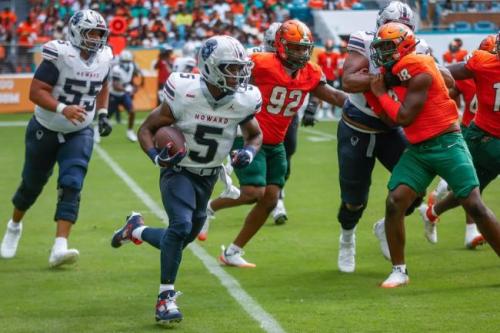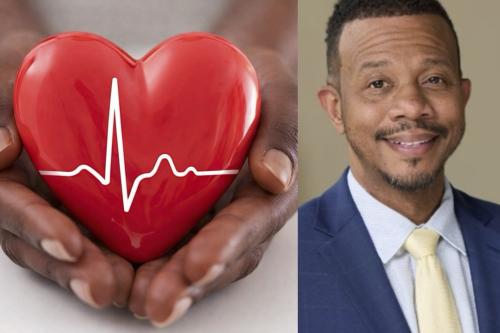Sydney Satchell (B.A. ’14) is weeks away from heading to Paris where she will compete for gold as a member of the Team USA’s Sitting Volleyball team from August 28 through September 8.
“This is really the equivalent of the World Cup for our sport and there are now more eyes on our games, more sponsors, and more paralympic exposure in general,” Satchell said.
But as a child growing up in Windsor, Conn., Satchell dreamed of becoming the first Black woman to play on the U.S. lacrosse team in an Olympic game. A three-sport athlete throughout her childhood, Satchell played lacrosse, basketball, and soccer before eventually choosing to focus on lacrosse, which she played for three years while majoring in sports management at Howard University. After graduating, she started coaching lacrosse while working at the Berkshire School, a boarding school in Sheffield, Mass.
However, a car accident in January 2015 forever altered Satchell’s life. While driving to work, Satchell swerved on an icy road to avoid an oncoming pickup truck, hitting a tree in the process. Her left leg was pinned to the door. She was stuck in the vehicle for more than 40 minutes before being removed and taken to the nearest hospital. Only two of the three arteries in Satchell’s leg could be found as doctors worked to save her leg. After five surgeries, Satchell came to peace with the fact that amputation was necessary. Six weeks after the accident, her leg was amputated below the knee.
“There was a lot of crying, sadness, grief - all of the natural human emotions, but it didn’t last long,” Satchell said. “I was grateful that I had my family there and that, for the majority of my stays in the hospital, I had my own room and could set the atmosphere, which absolutely helped with how I handled this emotionally as well as physically and spiritually.”




